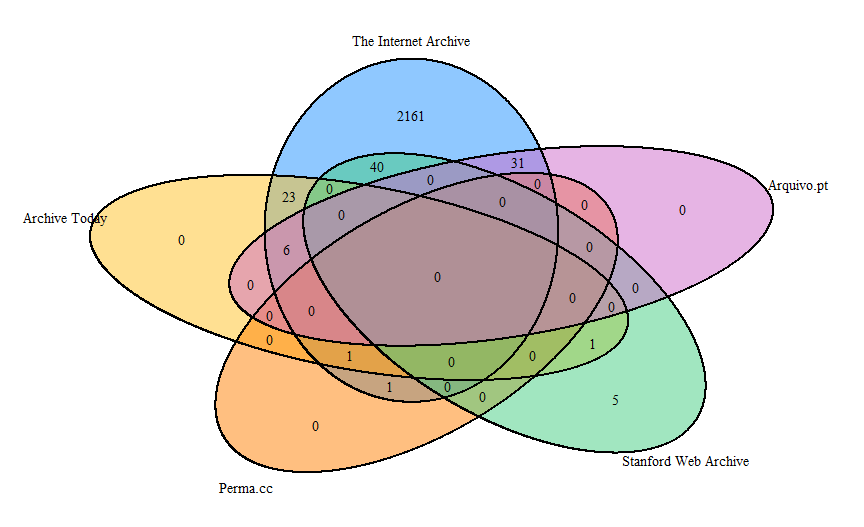2025-06-10: Comparing the Archival Rate of Arabic and English News Stories Published Between 1999 and 2022

About 0.5% of websites publish their content in Arabic , occupying the 20th place among other languages; however, Arabic is the 6th most spoken language in the world at 3.4%. A considerable portion of Arabs live in English speaking countries. For example, Arabs make up roughly 1.2% of the U.S. population . Some of them, mainly first generation, are able to consume news in Arabic in addition to English. Second, third, and fourth generation Arabs might be interested in the Arabic narrative of news stories, but they prefer the English language since it is their first language. In this post, we present a quantitative study for the archival rate of news webpages published in Arabic as compared to news pages published in English by Arabic media from 1999 to 2022. We reveal that, contrary to the general conjecture which is that web archives favor English webpages, the archival rate of Arabic webpages in increasing more rapidly than the archival rate for English webpages. The Dataset Our d...
